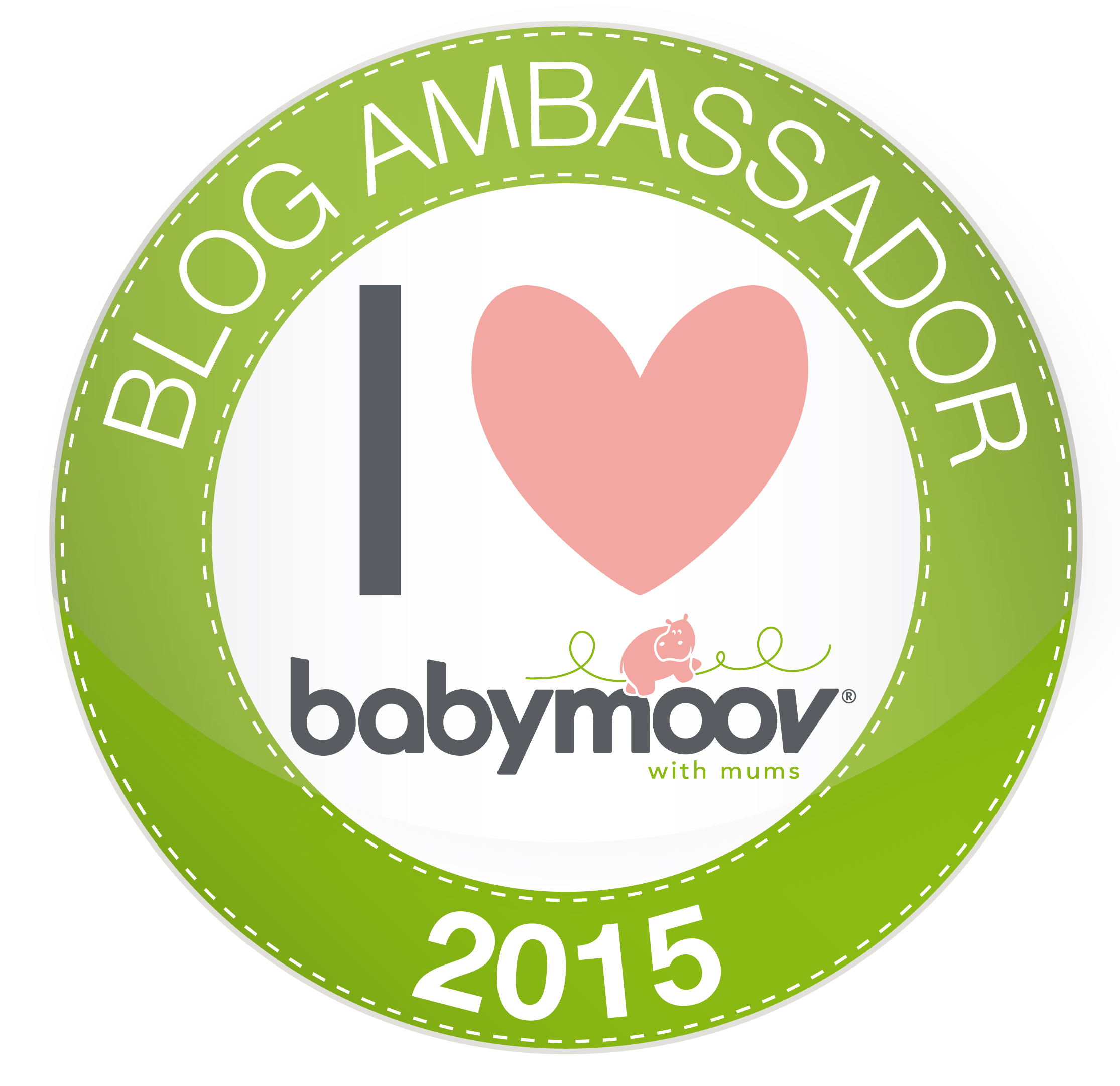It feels almost impossible to think of a life without social media, but at the age of 32 I can remember one. I cringe to think of the types of things I’d put on Facebook if it existed when I was 15. Loking back, I feel a huge amount of relief at the fact only a handful of photos remain of the terrible hairstyle I sported in 1996. Imagine if selfies were a thing back then and I’d plastered that awful hair all over Instagram? Shudder.
But when I read this week about the Instagram star, Essena O’Neill, who sensationally quit social media recently, slamming it as “contrived perfection made to get attention”, I felt confused. At first I thought I would agree with everything she said in her vlog explaining her actions. In fact, at first I DID agree with everything she said. I was on board with her plea to young girls to see past the contrived perfection of many Instagram accounts. It felt refreshing to hear someone being honest about the relationship between social media icons and the brands paying for a slice of their following.
And now a couple of days have passed and I’ve thought about it some more. And the more I think about it the more I feel that social media can’t be blamed because a person seeks validation through likes or interaction. If posting a photo and not getting enough likes on it makes you unhappy, then maybe you need to look at why that’s the case.
People who use social media as a form of self validation are always going to end up unhappy. If you only go on Instagram to get likes for your photos, then more fool you. If you only use social media to talk then you’re missing the opportunity to listen. If you only read blog posts to get a comment back on your own then you’re missing the opportunity to enjoy the beauty of blogging: reading posts that genuinely move, inspire, entertain and educate you.
Blaming social media for your own unhappiness is like blaming the host of a party because you had a crappy time. Did no one at the party speak to you? Well, did you make the effort to actually speak to anyone yourself? And by “speak” I mean actually start a two-way conversation, not just talk about yourself for five minutes.
For me, one of the joys of social media is that, by its very description, it’s SOCIAL. It’s about engaging with other people, talking and listening, reading and interacting. I’ve discovered answers to parenting dilemmas, inspiration to great photography, travel ideas for places to holiday with the family, recipes for things to cook on Saturday night, all through social media. Social media has given me a window to connect with like-minded people as well as introducing me to ideas and concepts from people who do things very differently to me, but which I still think I can learn from.
Social media is not about creating fame for people who aren’t actually very good at anything. At least, that’s not what it’s about for me anyway. Like you, I could probably list a gazillion people who only use it as a tool to try to become the next celeb, simply for having great hair or great clothes or a great house. But also like you, I could list many more people who share writing and photos and video in an authentic way, genuinely creating inspiring content and caring about real interactions with other people online.
I guess it comes down to this: if your happiness only comes from other people hero-worshipping you, listening to you and giving you compliments then you need to find something more. You need to look within, find out what is lacking and fix that. As parents we need to help our kids have a healthy sense of self-esteem without needing to seek that validation from arbitrary likes online. And we need to encourage them to listen, because listening is just as (if not more) important than talking.
And that goes for online and offline life too.
What do you think?
Follow



I’ve just finished watching her video and it made me very sad. It’s like she feels that you have to create online perfection or get offline, no in between. Actually social media is an amazing connector and I think she could have found a way to highlight the good and eliminate the bad.
I think if you’re in that world it must be hard to get past the in between. But that’s the beauty of social media. As with everything, it’s about balance I guess.
I can’t imagine being a teenager or young girl now. It’s a circle though isn’t it – and I feel like you have to be very strong to stand up to the pressure. I know I wasn’t in my early twenties. I really feel for them x
I guess the teens these days don’t know any different. Also, I know when I was a teen it was all about pressures from magazines and video games etc, and I turned out OK. I guess it’s about happiness within and recognising the importance of that. There are many teens who will grow up in this social media world to be totally OK and to reap the benefits of it. Just as we have!
I dunno. I think it’s easy to say ‘more fool you’ but these are children and adolescents. Can you actually blame them?
I don’t know about you but when i was 15 my sense of self-worth was pretty much determined by a) other girls at school b) what I imagined boys on the school bus thought about me c) how I imagined I stacked up to people in books, and on TV and d) hormones and basic, raging, teenage insanity.
Had social media existed, would that have become a metric of my self worth? Abso-fucking-lutely it would have done. Would I have looked at someone like Essena and measured my imperfect schoolgirl body against her fake, filtered, 50 poses until it looked right photos and assumed that they were the reality I should aspire to? Of course I should.
And it doesn’t end at 21. How many women in their 30s and 40s do you know who aspire to the quirky style of their favourite fashion blogger? The flawless interiors of their favourite lifestyle blogger? We know rationally that just out of frame is a plastic Argos laundry dryer but emotionally? It feels like we’re looking at something true. Human nature is aspirational and we are hard-wired to compare ourselves.
Not that I have any smart solutions, just… it’s a thing and it’s human to be in thrall to it.
I guess it comes back to that age-old thing about what is happiness? I’ll always remember that inspirational talk about positivity and happiness that you organised at Blog Camp in Birmingham one year. The guy was saying that the happiest people aren’t the richest, or the most beautiful etc, but the most content and positive – the people who look at what they’ve got rather than what they haven’t. I don’t have a teen daughter (yet) but when I do I’ll have to try to help them understand this important (and tricky!) idea. That their self-worth isn’t to be determined by likes etc and that the models they see on the pages of magazines aren’t necessarily happier than them just because they’re skinny and tall. I can see how social media probably doesn’t help and it can put a lot of pressure on young people – and people generally. But I really do think it’s how we use it that depends on how we end up letting it make us feel.
There’s two separate issues, where if people fall into the above pitfall, then that’s due to one of two things.
Actual Narcissism. So a person is pre-disposed to seeking the attention of other people to validate their lives. For example, a person puts up a picture of when they look best with the pure intent to get likes and positive comments so that can make them feel better.
If you are constantly doing this, then you are likely on the scale of having Narcissistic Personality Disorder. The problem is you, regardless of social media (albeit the existence of social media only amplifies this issue for you, so best steer clear).
OR Social Narcissism. The social media applications are created in such a way to emulate the above. It’s sort of “monkey see, monkey do”. You might see someone post “I’ve got a new house!” with a picture, so you think “I’m going to do that”, and you do post something significant in your life. All of a sudden people show their appreciation of that, and that sort of shows how much people take an interest in your life etc. It doesn’t validate your life, but you appreciate the empathy. So you get into a routine of hunting for the best tid bits of your life to get the most feedback.
Both won’t give you any long lasting happiness, Narcissism in general doesn’t pay off. And I don’t think social media is wholly to blame for generating social narcissism, but the applications are definitely built in a way to make positive feedback addictive.
This is so interesting – thank you for your comment. I can totally see how there are two issues, and I agree that social media probably doesn’t help in many ways. I suppose it’s about recognising those traits and understanding that likes don’t = happiness (or the route to happiness). I also think it depends how you consume social media too. And age too, obviously.
I haven’t delved into the Essena thing, from what I’ve seen from the outside, I like the fact that she has decided to hold her hands up and say this was contrived and this was contrived, but on the other hand she has created a viral story that am sure will benefit her more than the previous account.
I think our relationship with social media is complex and while it might be easy to suggest – find your happiness elsewhere, for many of us there is an awful lot tied up in social media. Instagram has exploded this year, it’s gone from a platform I love, to something I feel as if I’m no longer any good at and that makes me unhappy because I do love it and what ever I do, I’m no longer any good at it. I find it very difficult to separate comparing other accounts to my own, that’s part of it, interacting with other people’s feeds. Not just posting, but participating and viewing. Comparing! maybe that’s shallow, but that’s how it is. I’m not looking for hero worshipping and I think most people aren’t but they want some validation, want to be good enough.
Rankings has always been a huge issue, with people really making themselves unhappy because they feel all the hard work they put in isn’t reflected in the rank they receive and it seems to make them very unhappy. There is an awful lot of complexity in our relationship with social media, not just high profile, young, pretty instagramers, lots of people who don’t want their FB status’s ignored and yes, people do need to find happiness elsewhere but I don’t think it’s as simple as that.
Really interesting to read your thoughts on all this. And I can absolutely relate to what you’re saying. I guess we all want to be heard otherwise why would we bother posting anything on social media? Like any conversation, it has to be two-way. I talk in the post about listening, but any conversation where you’re only listening and don’t get a chance to talk is going to be one-way, so you’ve definitely got a point there. I think it’s important to recognise the difference between “good” and “popular” though. Personally, I love your Instagram account and disagree with you that you’re “no good at it”. Just because you don’t have a gazillion likes doesn’t mean you’re rubbish at Instagram. I think confidence and self-worth is tied up in all sorts of things, and I can see that if you have low confidence anyway that going on social media and feeling ignored probably doesn’t help. You’re right, it’s a complex issue. But I guess what I’m saying is that it’s not JUST down to social media. Social media may heighten feelings of a lack of self worth but I don’t think we can say it’s the sole root of the problem. Confidence issues, body awareness, insecurities etc – these are things humans have been grappling with since the beginning of time, since before social media existed.
Like you, I’m so glad that social media wasn’t around when I was a teen. It’s very easy for people to put themselves under pressure to post the best looking photos, have the wittiest tweets etc. and I think children are especially vulnerable – if they’re having a hard time at home or at school, they may seek some form of escapism or validation via social media.
I’ve often had conversations with friends who have teenage girls about how their children see themselves in the digital age – and we mums often come to the conclusion that we feel very glad to not be a teenager now! You’re right, if you have low self-esteem you’re going to have it whether Instagram and other social media exist or not. When I was a teen my friends and I would pore over magazines – I studied media from GCSE age so I was always aware of the smoke and mirrors that go on. I admire Essena’s rehashing of her photos to illustrate just how much work went in to her shots – I guess it’s a swings and roundabouts case of always having the door open to show what goes on behind the scenes. Great post! xx